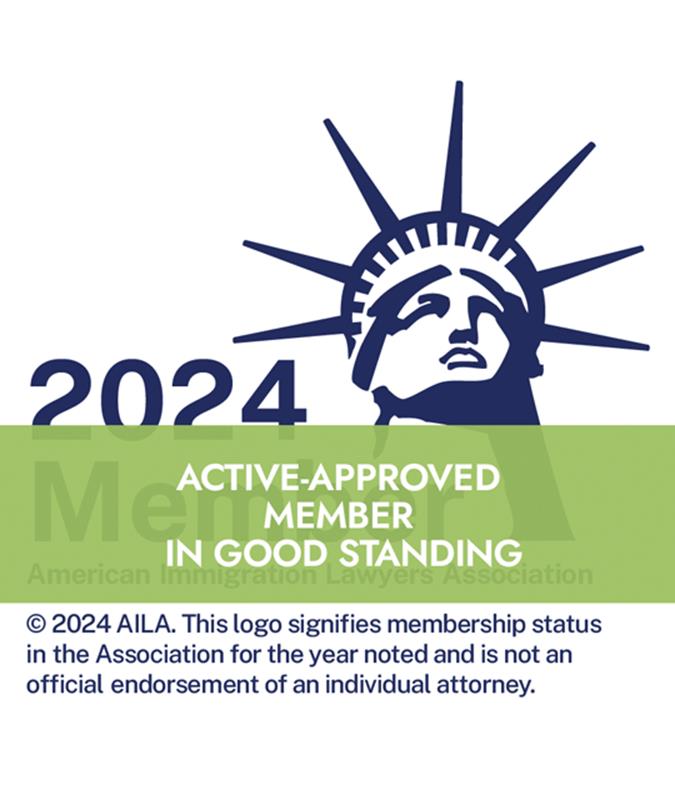Important DACA Insights from Greensboro’s Leading Immigration Attorney
The Deferred Action for Childhood Arrivals, also known as DACA, is a program designed to benefit individuals who both a) were brought to the United States as a child and b) have undocumented immigrant status. Originally introduced in 2012 under the Obama administration, DACA has undergone several transformations over the years.
What is DACA?
DACA, or the Deferred Action for Childhood Arrivals, is a U.S. immigration policy. The policy specifically addresses individuals brought to the United States as children, and who are also currently residing in the U.S. as an undocumented immigrant.
Eligible individuals may apply for a renewable period of deferred action from deportation and may also become eligible for a U.S. work permit. As of December 2020, deferred action periods last for two years, and renewals are infinite/unlimited.
DACA eligibility is dependent on several different factors including (but not limited to) a clean criminal record — or no felony or serious misdemeanor convictions.
It’s important to note that DACA and the DREAM Act have some overlapping similarities. One of the primary differences between the two programs, however, is that DACA does not grant or pave a path towards permanent U.S. citizenship.
Who is eligible for DACA?
To qualify for DACA, applicants must meet several eligibility requirements. While all requirements must be met, doing so does not guarantee approval for the program.
- Must have entered the United States illegally prior to 16th birthday
- Must have a birthdate of June 16, 1981, or later
- Must have resided in the United States since June 15, 2007, without any gaps in residency
- Must have earned a GED, high school diploma, or equivalent OR must be an honorably discharged veteran of the U.S. military
- Must have a clean criminal record free of felony convictions, significant misdemeanor convictions, or 3+ misdemeanor convictions
- Must not be a national security threat
IMPORTANT: Because DACA has undergone several significant changes since its inception, it’s highly recommended to contact an experienced immigration attorney for the most up-to-date and accurate information. Call The Law Offices of Neelam Bhardwaj today for a consultation and to learn more about DACA eligibility.
DACA Updates Timeline
June 2012
The Obama administration enacts the Deferred Action for Childhood Arrivals program and it is announced by the U.S. Department of Homeland Security.
At the time of DACA’s announcement, the renewable period (which defers deportation and grants a temporary work permit) is good for two years.
To be eligible, applicants must have been brought illegally to the United States prior to the age of 16, must have resided in the U.S. continuously for the last five years, must be free of felony convictions, and must be enrolled in or have graduated from high school.
September 2017
DACA is rescinded by the Trump administration and the U.S. Acting Homeland Security Secretary claims the program is unconstitutional. Countless lawsuits are filed against the Trump administration because of the rescission.
January 2018
Although DACA was rescinded, it remains tied up in the U.S. court system. Because of this, DACA renewals are permitted to continue, although new applicants may not apply for the program.
June 2019
The U.S. Supreme Court agrees to hear DACA cases on the Trump administration’s rescission of DACA. The hearings are set to begin in November 2019.
June 2020
The U.S. Supreme Court rules against the Trump administration’s rescission of DACA.
July 2020
The US Fourth District Court in Maryland ordered the Trump Administration and the USCIS to fully restore the DACA program to its original status (prior to its termination).
November 2020
The U.S. District Court for the Eastern District of New York issues the U.S. Department of Homeland Security and the U.S. Citizenship and Immigration Services (USCIS) an order to accept new DACA applicants, and process renewals, based on its original September 2017 terms.
In addition, the USCIS must accept applications for advance parole documents based on DACA’s September 2017 terms. As well, one-year periods of deferred action under the DACA program are extended to two years, and the same extension is granted for U.S. work permits.
December 2020
The DACA orders from November 2020 take effect on December 7, 2020.
The Law Offices of Neelam Bhardwaj specialize in immigration law. Our team of expert immigration attorneys is prepared to help you apply for programs such as DACA, find out which programs you’re eligible for, and more. We’re conveniently located in Greensboro, NC. Call us or contact us online today to schedule a consultation.



